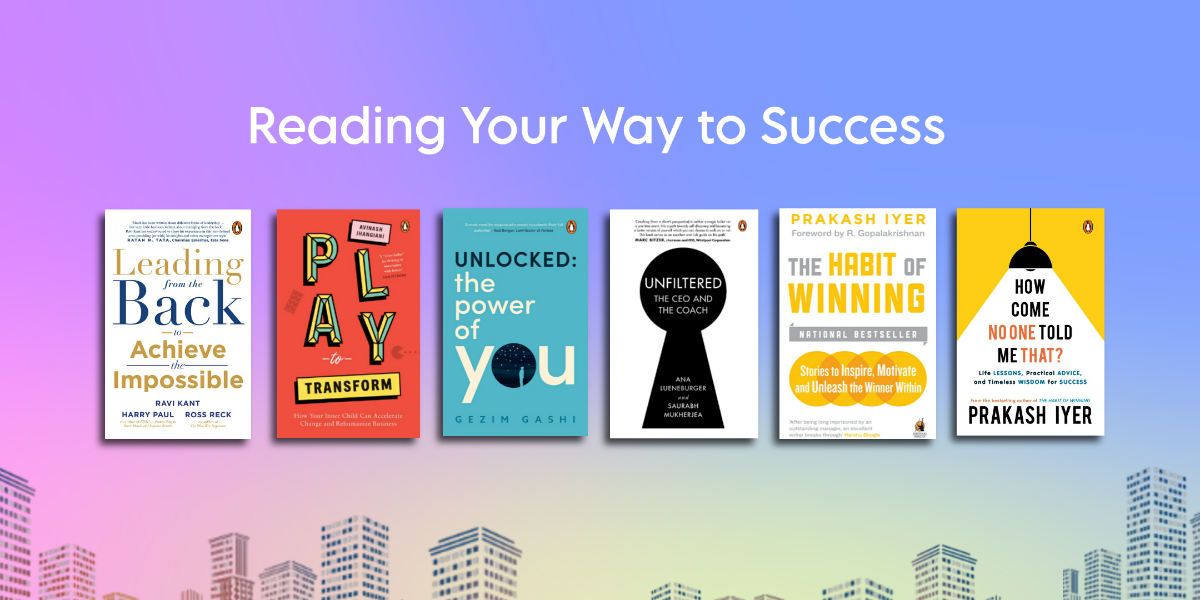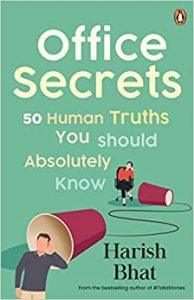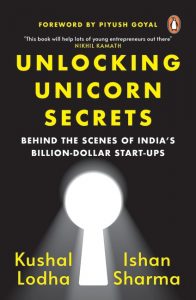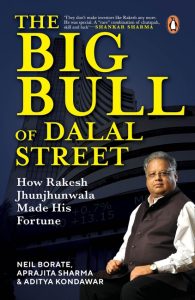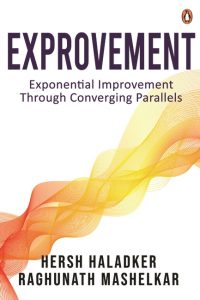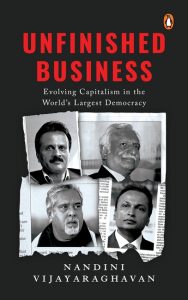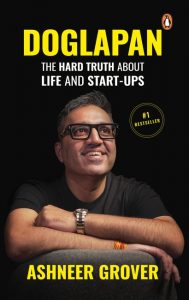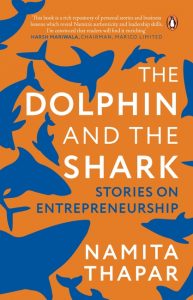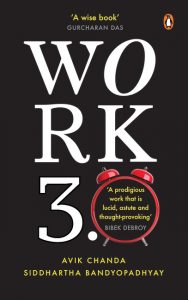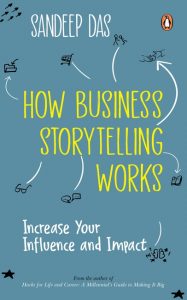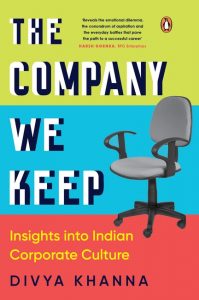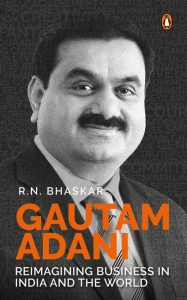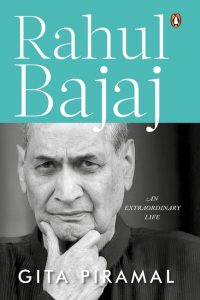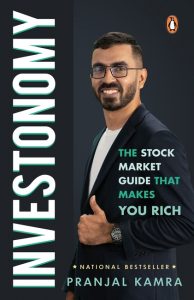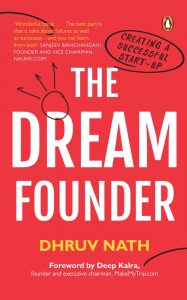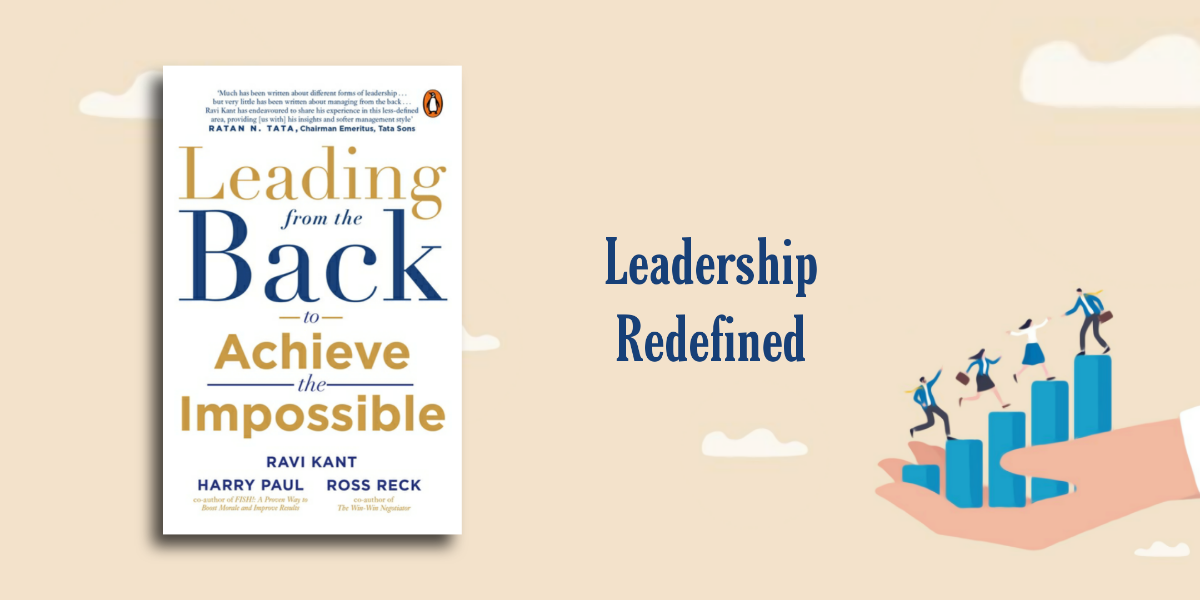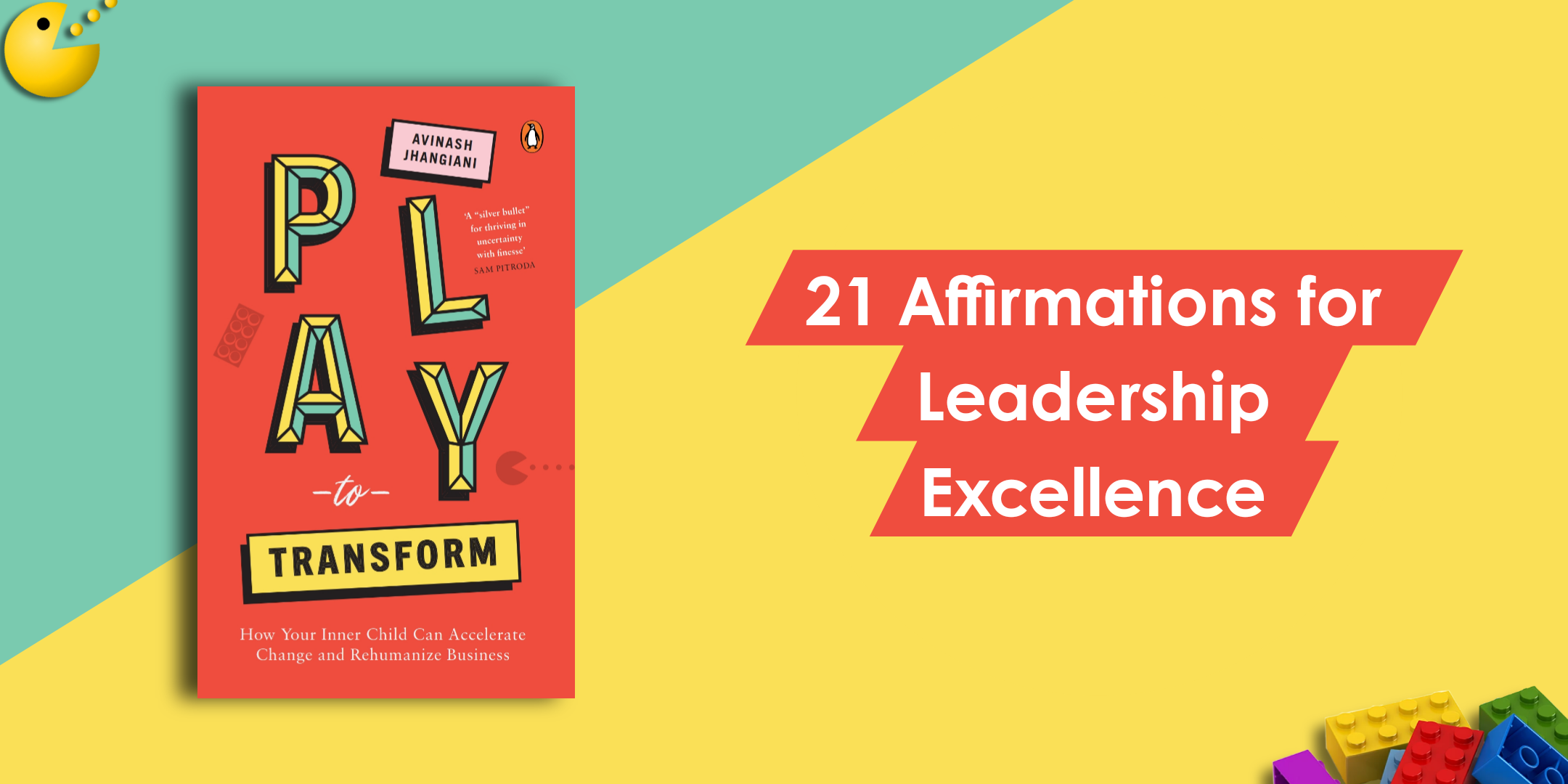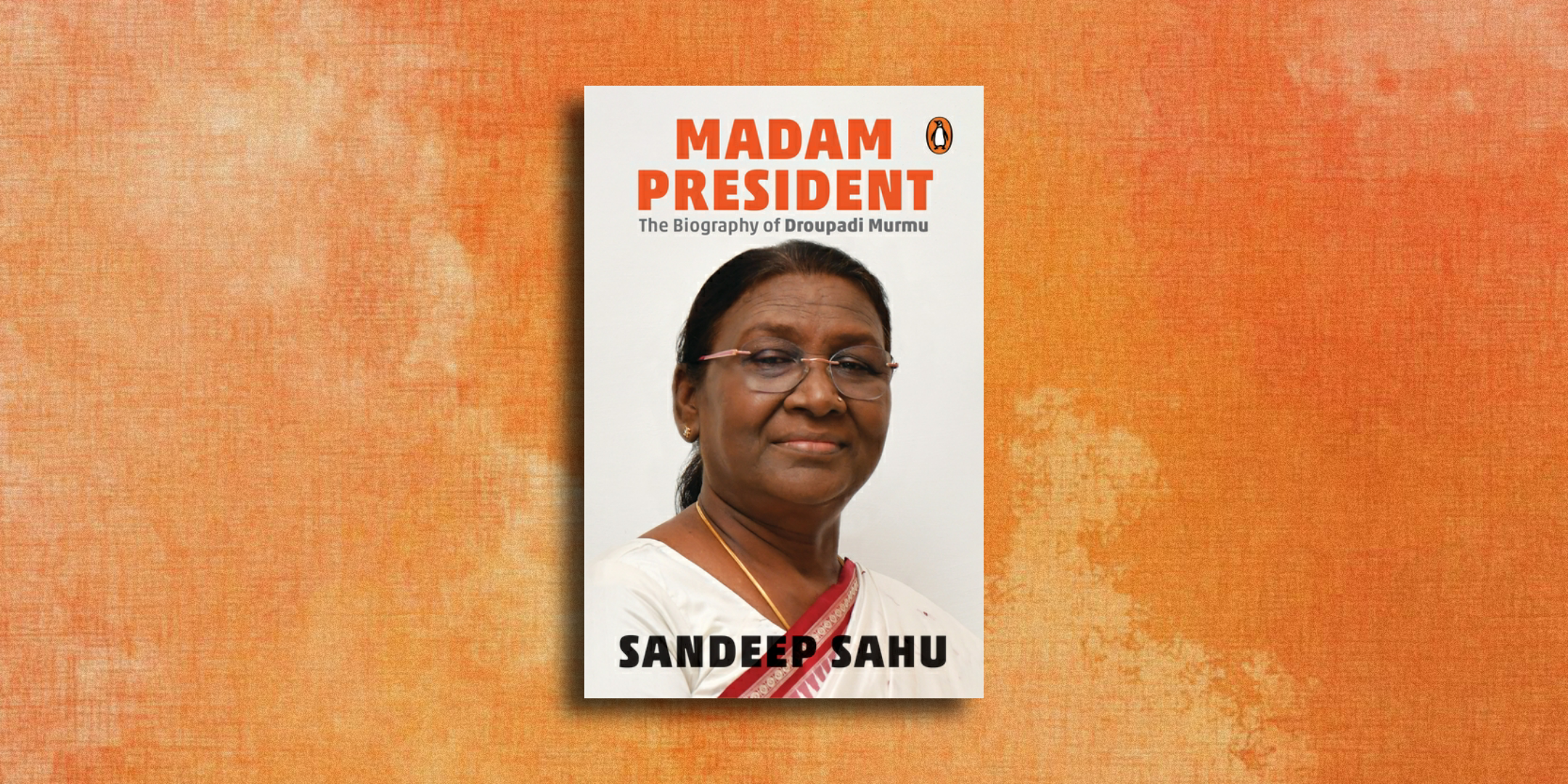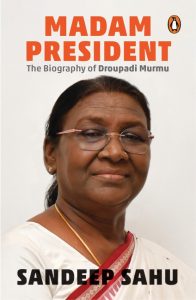Explore a goldmine of wisdom with a diverse collection of books spanning career, management, and entrepreneurship. From leadership insights to personal growth and empathy’s role in a post-pandemic world, these reads offer a powerful perspective. Your path to success starts here!
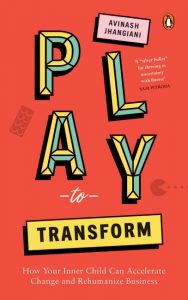
Play to Transform is a book that challenges the traditional mindset of business leaders and encourages them to tap into their inner child to accelerate transformation with purpose. The book argues that we are all born creative geniuses with an innate ability to empathize deeply with others, but somewhere along the way, we have lost touch with these qualities. In the post-pandemic world, leaders need to be more empathetic and agile than ever before, and a conscious shift in mindset is required to achieve this.
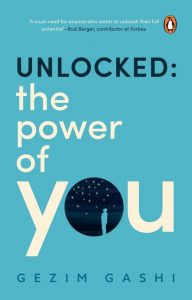
Gezim Gashi recounts his extraordinary journey-from escaping the Kosovo genocide to becoming the first Albanian-Swede to launch a high school institute in the United States – Gezim lays out a path to personal success and fulfillment that is accessible to all, regardless of their background. With his mentorship, readers will be inspired to overcome obstacles and achieve their biggest goals.
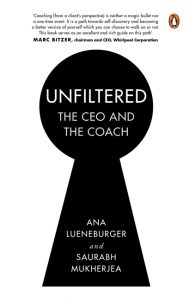
A pioneering book, Unfiltered: The CEO and the Coach, for the first time, opens the doors that normally shield the confidential world of coaching conversations. The book, through its candour, helps readers fully grasp the life-changing impact that coaching can have. Conceived as a leadership development book, the authors share the narratives (both individual and mutual) of their partnership over the course of five years. The resultant narrative provides not just unique insights that executives and entrepreneurs will find useful for their own development but also deep insights into how, by understanding ourselves, we move towards mastery over the world at large.
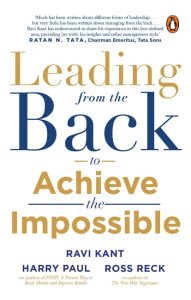
Are you looking for a leadership model that is uncomplicated, easy to use and produces amazing results? If so, then Leading from the Back is for you! In it you will find everything you need to become a superstar leader. You will learn how to earn respect from your team members and help them in achieving the impossible. No more learning about numerous principles and laws of leadership. Just a three-part model that has an amazing track record of proven success.
Leading from the Back is a distillation of the collective experience and wisdom of Ravi Kant (former CEO, vice chairman, Tata Motors), Harry Paul (co-author of the bestseller FISH! A Proven Way to Boost Morale and Improve Results) and Ross Reck (co-author of The Win-Win Negotiator).
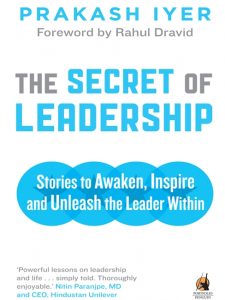
Bestselling author Prakash Iyer uses simple but powerful anecdotes and parables from all over the world to demonstrate what makes for effective personal and professional leadership. Iyer draws lessons from sources as diverse as his driver, a mother giraffe, Abraham Lincoln and footballers in the United Kingdom. He shows how an instinct to lead can be acquired even while flipping burgers at a fast-food chain. All of these stories come together in an explosive cocktail to unleash your inner leader.
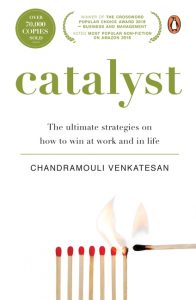
A good job, hard work, IQ, EQ, good communication skills-these are all ingredients for a successful life. The presence of these elements alone, however, does not guarantee success. To convert them into long-term success, you need certain stimuli which precipitate or accelerate your growth. This robustly effective book identifies the various catalysts that you can cultivate and how you can leverage them to propel yourself in your work and life.
Accessible, engaging and easy to follow, and written by someone who has experienced all this in real life and not in theory, Catalyst will arm you with the right tools to succeed at your work place and get the most out of every moment, every day.
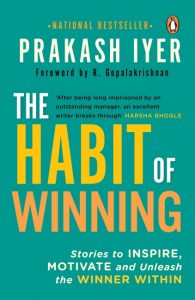
Do you feel like throwing in the towel, but want to be a great leader? Would you like to build an organization? Do you want your child to be the best she can be? If you answered yes to any of these questions, The Habit of Winning is the book for you. It is a book that will change the way you think, work and live, with stories about self-belief and perseverance, leadership and teamwork-stories that will ignite a new passion and a renewed sense of purpose in your mind.
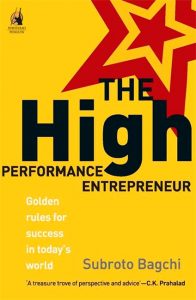
In The High Performance Entrepreneur, Subroto Bagchi draws from his own experiences to offer guidance from the idea stage to the initial public offering level. This includes deciding when one is ready to launch an enterprise, selecting a team, defining the values and objectives of the company, writing the business plan, choosing the right investors, managing adversity and building the brand. Additionally, in an especially illuminating chapter, Bagchi recounts the systems and values which have brought Indian IT companies on a par with the best in the world. High-performance entrepreneurs create great wealth, for themselves as well as for others. They provide jobs, which are crucial for an expanding workforce, and drive innovation. More than a guide, this book will tap the entrepreneurial energy within you.
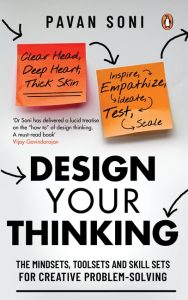
Pioneered by IDEO and Stanford d.school, design thinking is one such approach that draws inspiration from the realm of product design. However, it shouldn’t be narrowly associated with the world of start-ups and technology or thought of as something limited to product development. The method is increasingly being used in a wider context and can help us address a vast array of problems.
Design Your Thinking attempts to offer a practitioner’s perspective on how the tenets, methods and discipline of design thinking can be applied across a range of domains, including to everyday problems, and help us become expert problem-solvers through the use of the appropriate toolsets, skill sets and mindsets.
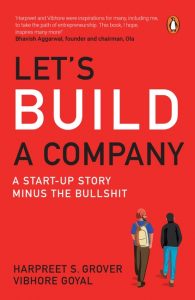
It started with a phone call from Harpreet’s mother introducing him to an uncle who wanted some help. Or maybe it started when Vibhore and Harpreet met as roommates in Room 143 at IIT Bombay. What remains true is that soon both had quit their jobs and launched CoCubes. From no money in their bank accounts for eight years after graduating to becoming dollar millionaires two years later in 2016, this is a tale of grit-of a company built in India by two Indian-middle-class-twenty-somethings-turned-entrepreneurs-written in the hope that you can avoid the mistakes they made and learn from what they did right.
This is that story-the story that you don’t always hear. But if you want to be an entrepreneur, and you prefer straight talk to sugar-coating, it’s one you should read.
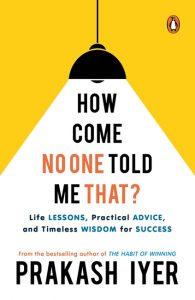
How Come No One Told Me That? divided into ten sections, exploring life lessons, ways of improving oneself, leadership and the importance of doing small things right, among other subjects. Through powerful anecdotes and charming essays, followed by practical, actionable advice, this book will help you make those minor adjustments to your professional and personal lives that can truly make you unstoppable.
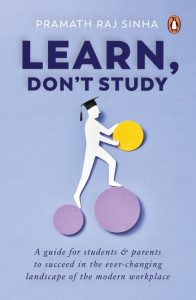
‘What should I study to best prepare me for success in today’s working world?’
This is the most common question one gets from young people (and their parents) who are transitioning from school to college education. They want to know which fields they should choose, which universities or programmes to attend, and which career track will give them the best chance to succeed.
In Learn, Don’t Study, drawing on his experiences of over twenty-five years in the field of education, Pramath Raj Sinha has put together the best and most practical advice available for youngsters who are facing some of the most important and challenging choices of their professional lives.
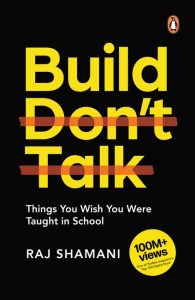
School taught us specific subjects, like maths and history.
But we weren’t taught:
How to sell
Or how to build relationships
Or how to negotiate
Or how to take care of our mental health
Or how to network
Or how to deal with personal finance
These most important situations we face as adults were never discussed with us when we were students. We weren’t taught these skills in school, and this makes all the success stories we hear about seem out of reach; it makes us feel dumb. We aren’t dumb, we just don’t know how to work the system.
Your school taught you how to run in the race; it didn’t teach you how to win. And that’s what this book is for. To help you win the race. Packed with useful advice gleaned from his own journey as an entrepreneur and content creator, this book by Raj Shamani is a must-read.
COMING SOON
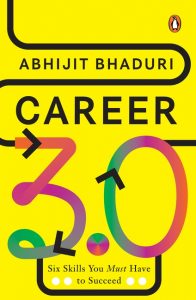
Abhijit Bhaduri, a renowned expert on talent and leadership, shows you how to develop the six key skills that will make you future-ready and successful in Career 3.0. Whether you work for an organization, run your own business or do both, you will discover how to adapt to change, learn new skills, and lead with impact.
Career 3.0 is a guide that will help you stay relevant. The book is filled with inspiring stories that will challenge you to rethink your career vision, strategy and action. It will give you the tools and techniques to thrive in the new world of work and propel your career.
You may be surprised to find out that you already have a Career 3.0 mindset. Now you know what it is called.







